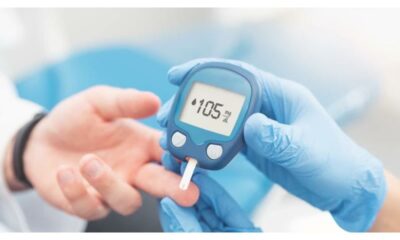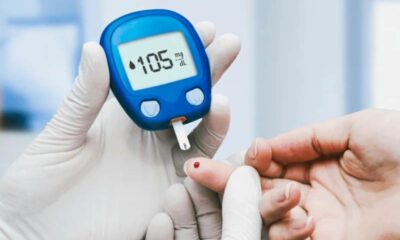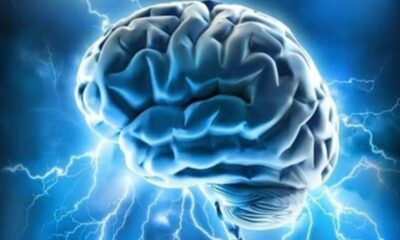Do you wake up feeling as though something is heavy in your head or heart? Do you wake up in the morning with your mind racing or your emotions overwhelming you?
According to Jasreen Birgi, associate city lead at mental health startup Lissun, constant worrying about routine tasks or situations that other people view as non-threatening can signal an anxiety problem, even though some tension is thought to be a normal part of life.
Anxiety problems increased by 35% in India during the epidemic, according to a 2021 Lancet study. The study also discovered that, in contrast to men and older citizens, women and younger persons experienced higher levels of anxiety and sadness.
The World Health Organization (WHO) released data in 2020 with similar conclusions. According to the data, in the early stages of the pandemic, about 9.3% of India’s youth between the ages of 18 and 24 experienced anxiety or depression; by March 2022, this percentage had climbed to 16.8%. According to the survey, women were affected by anxiety and depression at a higher rate than men.
What causes some people to have anxiety in the morning?
Everyone experiences anxiety occasionally, according to Birgi, and anxiety is a normal reaction to stress. For instance, you can have anxiety right after waking up due to an upcoming job interview or academic exam. On the other hand, if your anxiousness becomes uncontrollable in the morning, it can indicate a more serious issue.
There are numerous reasons why worry arises in the morning.
Natural causes: Because of its function in regulating the body’s fight-or-flight reaction to stress, cortisol is frequently referred to as the “stress hormone.” It’s at its peak an hour after you get up. The phenomenon known as the cortisol awakening response, or CAR, is particularly prevalent in those who feel worry on a daily basis.
Anxiety disorders: Generalized anxiety disorder (GAD) is one type of anxiety illness that may manifest as morning anxiety. For at least six months, people with GAD suffer from excessive worry and terror. Additional symptoms include be restlessness, difficulty focusing, and chronic weariness.
Poor sleep quality: Those who suffer from insomnia, disturbed sleep, or poor sleep quality may wake up feeling more nervous. According to certain research, getting less sleep each night is associated with higher anxiety levels in the morning.
Sugar and Caffeine Intake: Our emotions are influenced by our diet. There is little evidence linking worry to increased sugar consumption. Hypoglycemia, or low blood sugar, has been linked to symptoms of anxiety and despair in other research. Additionally, studies indicate that excessive amounts of caffeine use are linked to increased anxiety.
Use of drugs or alcohol: Abuse of drugs or alcohol might make people feel nervous when they wake up. According to research, using cocaine, alcohol, or other drugs might exacerbate anxiety symptoms and raise the chance of developing an anxiety disorder.
Physical health problems: A person’s anxiety may be exacerbated by a chronic physical illness. A person with a persistent medical problem may have health anxiety, even though everyone reacts to medical conditions differently.

 General Medicine2 weeks ago
General Medicine2 weeks ago
 General Medicine2 weeks ago
General Medicine2 weeks ago
 Diabetology1 week ago
Diabetology1 week ago
 Diabetology1 week ago
Diabetology1 week ago
 Diabetology7 days ago
Diabetology7 days ago
 Diabetology7 days ago
Diabetology7 days ago
 Diabetology1 week ago
Diabetology1 week ago
 Diabetology4 days ago
Diabetology4 days ago















